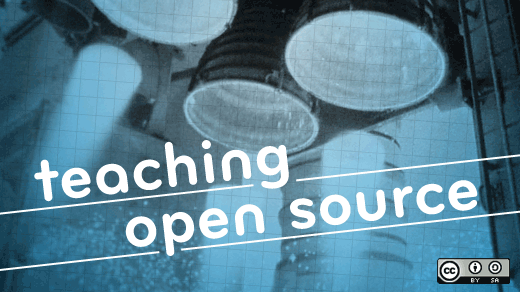The UK Department of Education has confirmed that information and communications technology (ICT) lessons that teach children how to use Microsoft Word and PowerPoint will soon be more open.
Starting September 2012, computer teachers will be given “the freedom and flexibility to design an ICT curriculum that is best for their pupils,” says Michael Gove, Department of Education secretary. This means teachers can change the curriculum to teach open source if they prefer.
Ian Livingstone, computer games entrepreneur and advisor to Mr. Gove, was quoted by the BBC, saying “The current lessons are essentially irrelevant to today’s generation of children who can learn PowerPoint in a week.” He goes on to say, “It’s a travesty...children are being forced to learn how to use applications, rather than to make them. They are becoming slaves to the user interface and are totally bored by it.”
Those with concerns over the change believe there is a shortage of teachers qualified to deliver the new curriculum.
Quoting Gail Sheehy, I'd say, “Growth demands a temporary surrender of security.” What’s your response to this news?
SOURCES
- BBC, School ICT to be replaced by computer science programme: https://www.bbc.co.uk/news/education-16493929
- Gamasutra, UK computing lessons scrapped in favor of 'open source' approach https://www.gamasutra.com/view/news/172127/UK_computing_lessons_scrapped_in_favor_of_open_source_approach.php






8 Comments